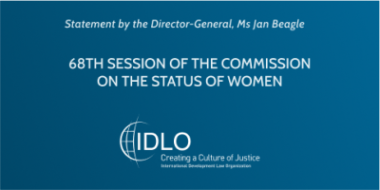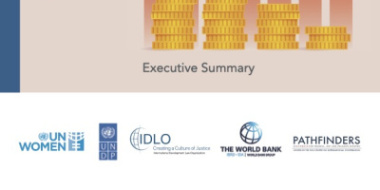Strengthening Court Decision Enforcement
As in many transition countries, the Kyrgyz judicial system suffers from a low rate of court decision enforcement, with lengthy delays common, and a rate of successful enforcement estimated at only 30%. Moreover, significant challenges exist in relation to prevention and punishment of debtors who hide assets or evade court orders, and a lack of a database where bailiffs can easily obtain necessary information on debtors.












